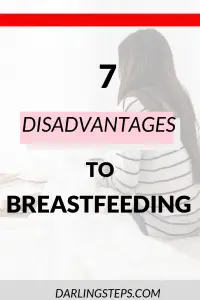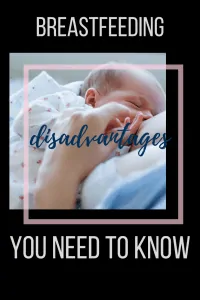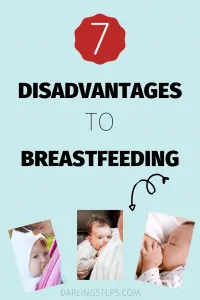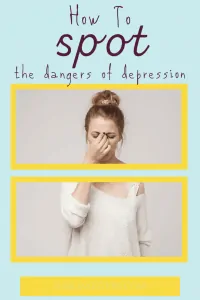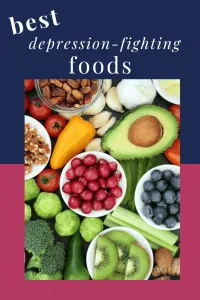7 Disadvantages to breastfeeding
7 Disadvantages to breastfeeding
Are you an expecting mama? If you are, I know you’ve already taken some serious thought about how you’ll be feeding your little one. Bottle or breast? It can be such a heartfelt and controversial topic. There are advantages & disadvantages to breastfeeding. We all know breast is best, but sometimes, circumstances and life can get in the way.

As a mama myself, that has resorted to both bottle and breast, I want to provide you with another perspective. We all hear the pros of breast feeding-its good for the baby, helps boost the immune system, it’s natural, it’s free…the whole works. BUT, no one ever really advocates the struggles of breastfeeding! It’s not always easy my friend & here are some reasons breastfeeding may not work for you.

Your baby feeds more often
Because breast milk digests so much faster than formula, your sweet baby will get hungry & feed more often
You never really know how much milk your little one is getting
Unless you’re expressing your milk into bottles, your never really have any idea how many ounces your little one is drinking
You have to mind your diet
According to countless studies, MOST of what we consume will pass through the breast milk or alter the taste in some way or another…therefore, in an effort to provide our babies with the best quality milk we can, avoid irritations, we must mind our diet and continuously evaluate what we eat. Spices and sweets, for example, can be very irritating to littles digestion and therefore behavior. Colic anyone?
Unable to take many medications
Reiterating the above statement, many things pass through our breast milk…because of this, there are LOTS of medications that are just off-limits.
You may get bitten…A LOT
Obviously, this one applies to older littles…prepare for this! Ooucchhh
Some use breast as a pacifier
Okay, so I rub myself wrong even as I write this because the truth is- the breast was created for food and nurture and not solely as a sexual object. Our babies aren’t using our breasts as pacifiers. Many babies are using plastic as breast. (Please note: I am by no means whatsoever attacking mommas who use them! I’ve used them as well)
But really, the breast becomes a place of comfort, and it’ll be obvious!
May suffer from thrush or mastitis at least once
It is really easy to pass infections when breastfeeding and if you use your boobies to comfort your little one ; ) & forget to release, that could lead to some issues 🙁
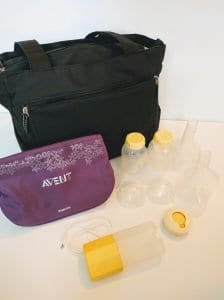
Despite these disadvantages, I genuinely support breastfeeding and believe it’s worth fighting for! (I know what it’s like to both breastfeed and bottle feed a baby)
Words can’t express the connection you’ll develop with your baby because of it.
Stay strong, seek out help, keep trying and let’s support one another no matter how we choose to feed our baby!

I want to know, what has your breastfeeding journey looked like? Was it difficult, did it come naturally?
